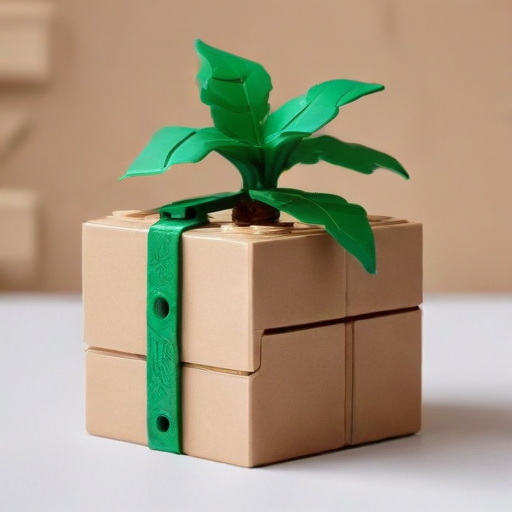LEGO has undertaken significant efforts to transition to paper-based packaging for its products, a move that reflects both innovation and commitment to sustainability. According to the company, while packing LEGO bricks into paper bags may appear straightforward, the process is quite complex.
To achieve the desired results, LEGO experimented with approximately 180 different types of paper and formats. The challenge was to ensure that the bags met the high expectations of LEGO enthusiasts, maintaining durability throughout the manufacturing and transportation processes without tearing or damaging the contents.
A noteworthy consideration in their quest for the right packaging material was the sensitivity of paper to humidity. LEGO emphasizes the importance of being able to utilize a material that performs reliably across various climates, from hot and humid to cooler conditions.
The company also engaged families in the process, testing 15 different prototypes with hundreds of children and parents. This approach not only focused on the functionality of the bags but also considered aesthetics, as the design and materials play a vital role in user experience.
Interestingly, the shift to paper packaging brings an unexpected delight for LEGO builders—children reported finding it more exciting to unwrap paper bags compared to the traditional clear, single-use plastic bags. The element of suspense adds an enjoyable aspect to the unboxing experience. Additionally, the larger paper-based bags are designed to stand upright, providing a convenient solution for storing loose bricks during play.
This initiative not only enhances the building experience for children but also represents a step forward in LEGO’s sustainability goals. As the company continues to innovate in packaging, they aim to provide both fun and environmentally friendly solutions for their dedicated fans.
Overall, LEGO’s thoughtful approach to packaging emphasizes their commitment to quality and the experience of their builders, while also making strides towards more sustainable practices.
